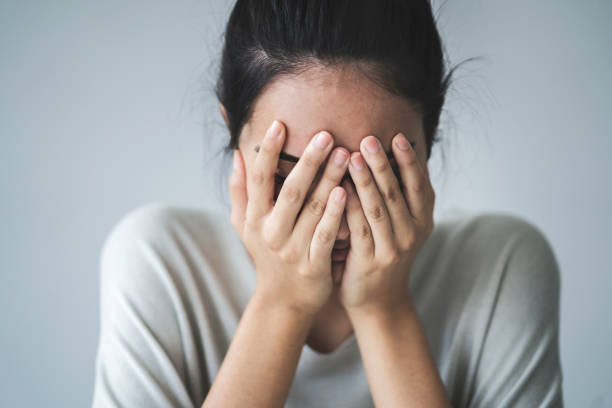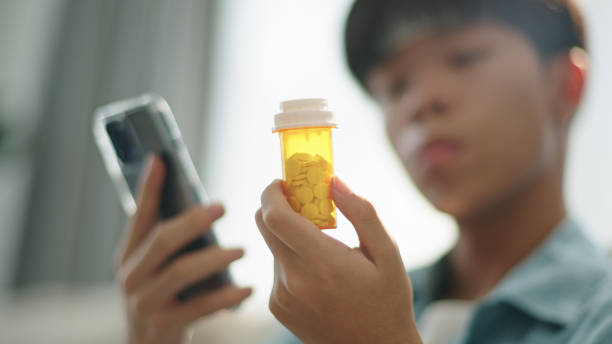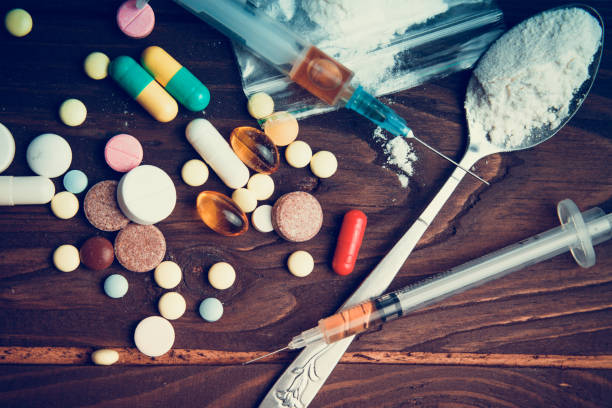Reasons for Drug Use
Anxiety

Depression
Depression is a mental illness frequently co-occurring with substance use which can affect how you feel, think, and act. Though some may exhibit more recognizable signs like fatigue and low mood, others may appear more irritable or angry. Other signs of depression can include lack of interest in activities, changes in sleep patterns, changes in appetite, feelings of guilt or despair, lack of energy, trouble concentrating, or suicidal thoughts.

Trauma

Abuse

Peer Pressure

Grief

Chronic Pain

Bullying

Experimentation
Curiosity or thrill-seeking often lead to drug use. Using drugs often provides a dopamine rush which one may continue to seek after experiencing it.

Boredom

Social Glorification
Social media, movies, and music all glorify alcohol and drug use with little to no consequences. It has become a form of social acceptance and almost expected in some cases, events, or social gatherings.

Self-medication
When people can’t find a healthy outlet or a safe place to turn when facing excessive physical or emotional pain, anxiety, or other stressors, they may misuse prescription medications and/or experiment with illicit drugs.

Performance


